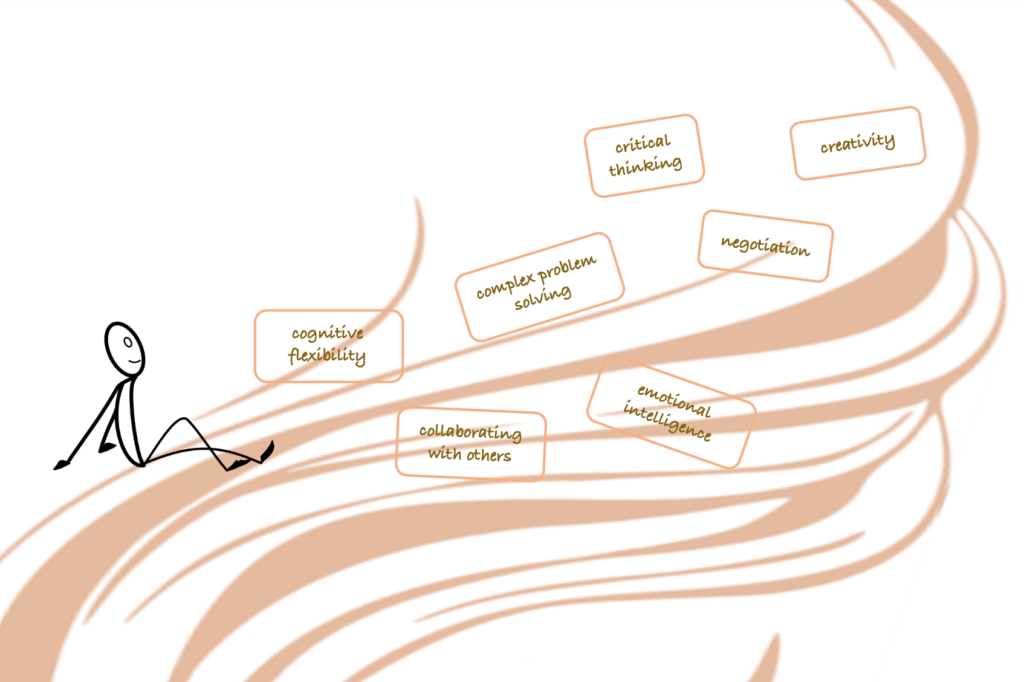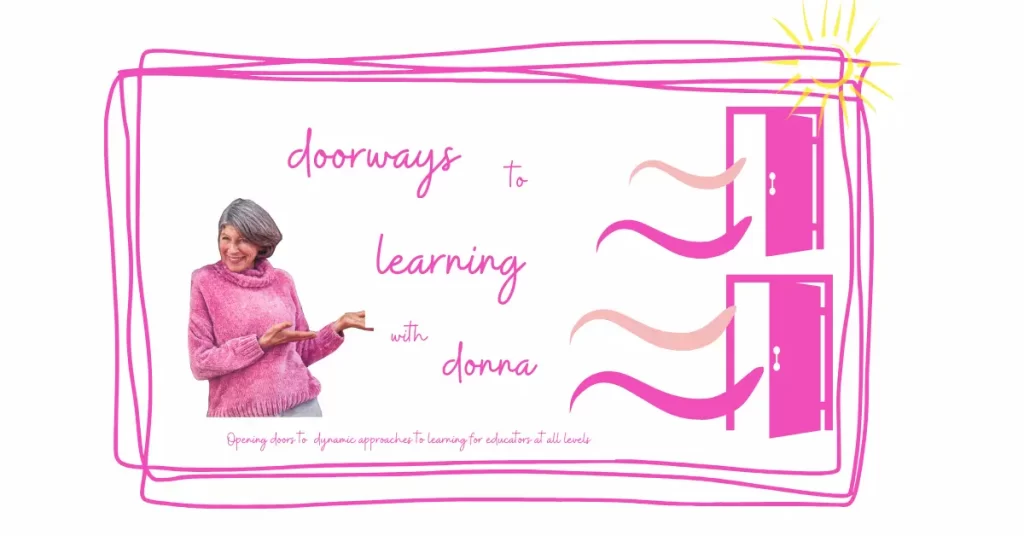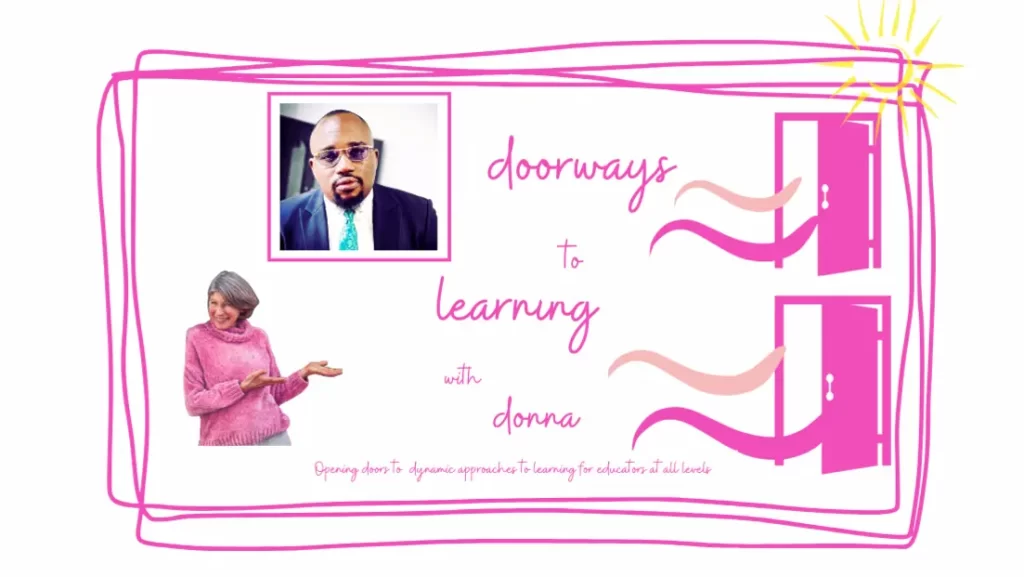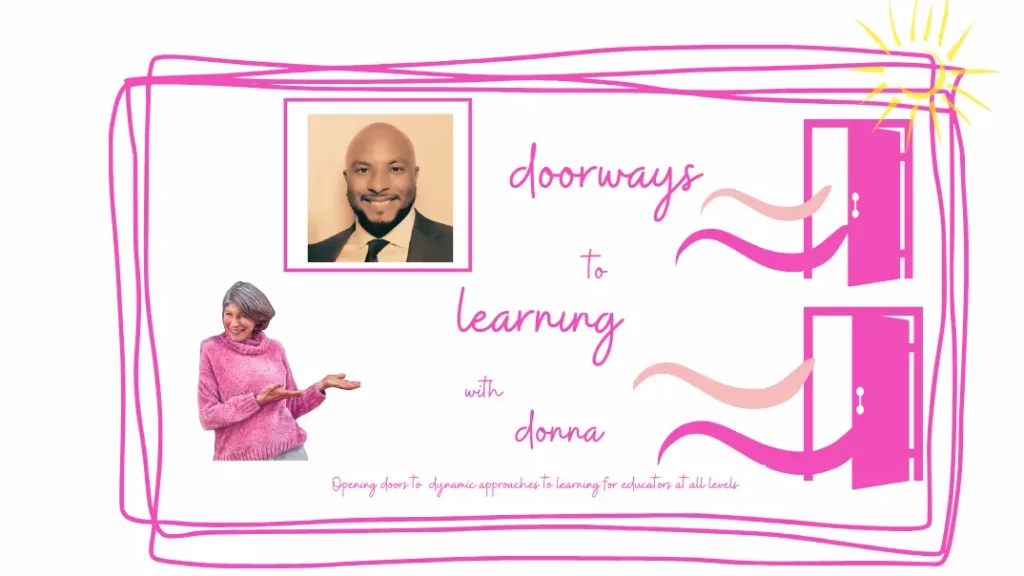Have you ever been bullied by an adult?
Did adult bullying begin after childhood?
What role do educators have in adult bullying?
Have you ever been bullied as an adult? Were you also bullied as a child? Adult bullying comes in many forms and sometimes we don’t even recognise it. The person who takes a parking place from us as we’re about to turn into it, someone who won’t let us go ahead on the checkout line when we have one item, a partner who demeans any request we have to strengthen the comfort level of our relationship, a supervisor who uses degrading terms and abides by unforgiving schedules to control us, a neighbour who dismisses requests for respecting those around her. And how did these adults become bullies or rather – when? In most cases, this started from their childhood. And why wasn’t it stopped, curbed, dissipated? In most cases because the teachers were not trained in how to reteach these misled souls to be kind to themselves, first and foremost, so that they knew how to be kind to the people around them.
This podcast explores a specific case of adult bullying and how then some specific tools educators can use to begin the process of stopping this type of misdirection in its tracks at the youngest ages. This a not-to-be-missed quick and energetic exploration of the origins of bullying and how we can be enormously impactful and proactive in the face of it. Can we change the behaviour of the people around us? I mean, how much are you aware of the people around you and how much do you take into account your own behaviour with regards to their best interests? I’ve been thinking about this a lot recently, because I just got back from Finland and the difference between the expectations when we’re out in public between Finland and Spain is incredible. Scandanavians have an attitude towards what’s appropriate in public and what’s not that’s similar to how I grew up – in the. Northeast and pretty much everywhere in the States and Canada as well. And I’m going to bring this around to the classroom, because there is a culture in the classroom whether you are aware of it or not, and the culture you grew up in, and the culture you’re living in – whether they’re the same or not – influence how your students act towards each other and towards you. One culture or another influences your expectations of how your students act and what you reinforce or not.
Subscribe to get notices for new episodes and free activities to use in your classes HERE.
You can find more conversations like this one at Doorways to Learning with Donna
If you like this episode, treat Donna to a coffee!!

Scaffoldingmagic.com is your entryway into DYNAMIC bilingual learning methodologies, such as Phenomenon-Based Learning, CLIL, EMI, and ESL. You’ll find ways to implement critical thinking tools (DOK) to promote higher level thinking, the growth mindset, instil an ethic of excellence, deep reflection on learning, and all through multi-cultural, interdisciplinary activities. We have the keys to turning competences into action and to creating collective efficacy in your school so you move ahead as a unified, enthusiastic team.





